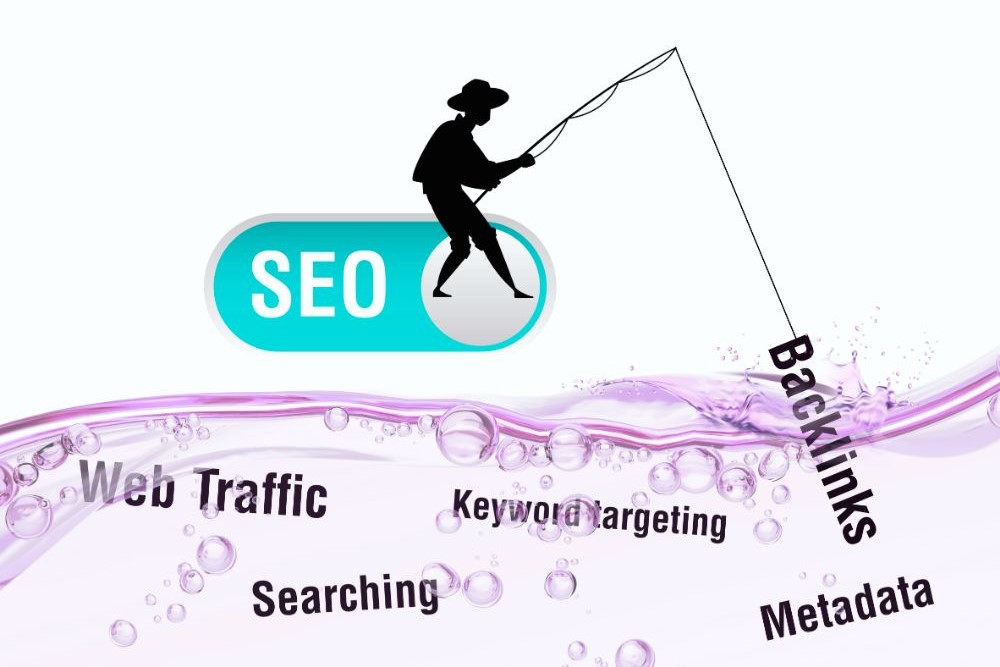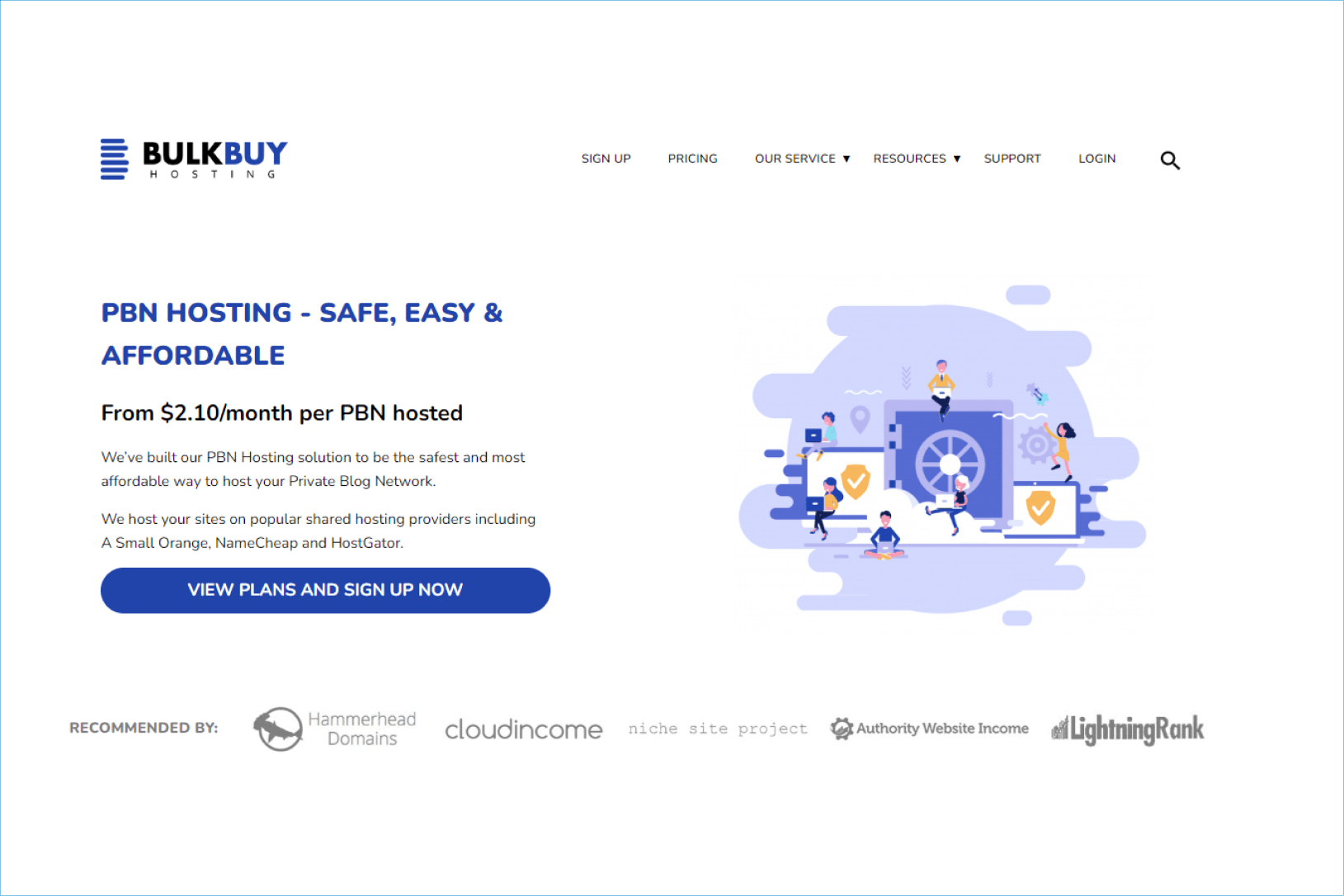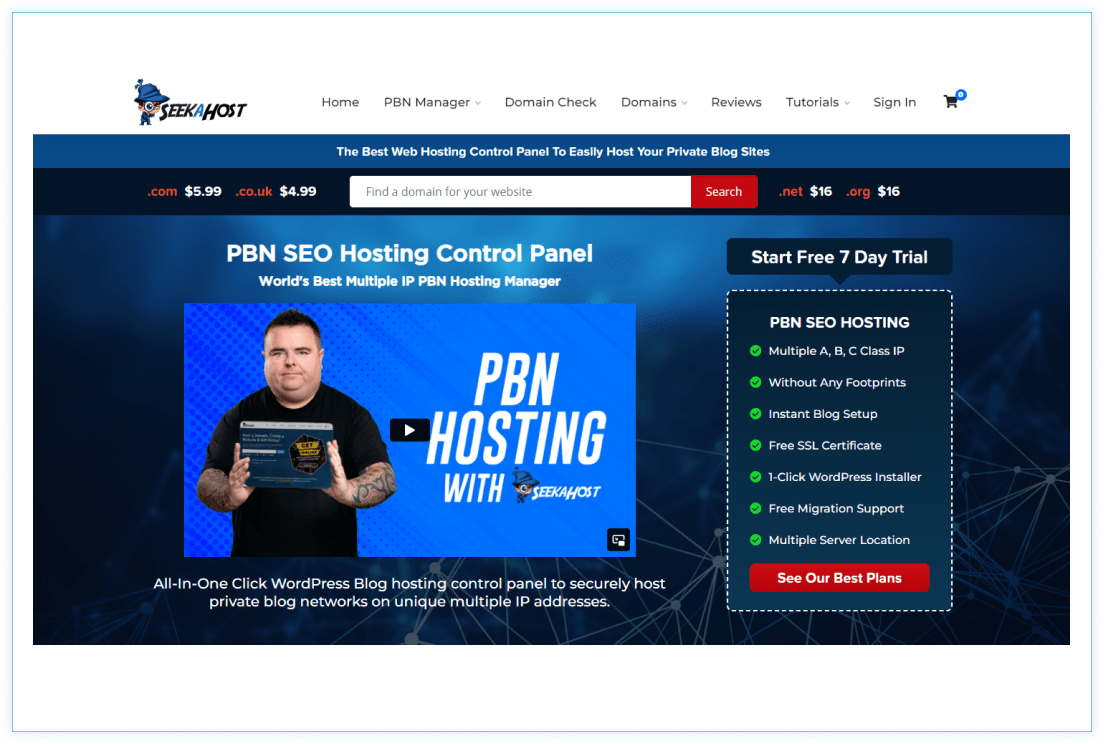
You’ve probably heard about White Hat and Black Hat SEO strategies, but do you fully understand the difference?
While White Hat SEO uses ethical tactics that prioritize valuable content and long-term growth, Black Hat SEO uses more deceptive tactics for quick yet risky results.
As your site’s reputation is at stake, knowing which approach best aligns with your online goals is crucial. Stick around to learn why one might be more beneficial than the other.
Key Takeaways
- White Hat SEO follows search engine guidelines and prioritizes quality content, while Black Hat SEO uses methods that violate these guidelines.
- White Hat SEO focuses on achieving steady, long-term growth, contrasting with the temporary focus of Black Hat SEO.
- There are significant risks involved with Black Hat SEO, including potential search engine penalties. In contrast, White Hat SEO fosters trust and credibility.
- The use of Black Hat SEO techniques could lead to a decrease in website rankings and potentially harm the website, whereas White Hat SEO tends to enhance the user experience and improve site rankings.
- Grey Hat SEO, which combines elements of both White Hat and Black Hat, carries more risks than White Hat SEO and operates in a less defined area.
Where do the terms ‘White Hat’ and ‘Black Hat’ SEO Come From?
The terms ‘White Hat’ and ‘Black Hat’ SEO originated from old Western movies where the good characters wore white cowboy hats, and the villains wore black hats. In the modern tech industry, these terms are used to distinguish between ethical (White Hat) and unethical (Black Hat) SEO practices.
White Hat SEO aligns with search engine guidelines, focusing on providing value to users and maintaining integrity, while Black Hat SEO involves tactics that aim to manipulate search engine algorithms for quick gains, often at the expense of user experience and ethical standards
The usage of these terms simplifies the understanding of contrasting SEO strategies. It’s important to note that while the quick results from Black Hat SEO may seem attractive, the potential penalties and long-term damages often outweigh the short-lived benefits.
I recommend our article What is SEO: All You Need to Know to learn more.
What is White Hat SEO?
White Hat SEO refers to the utilization of optimization strategies that focus on a human audience rather than search engines. It involves following search engine principles and policies, aiming to provide relevant information about the content on a site. White Hat SEO is considered ethical and sustainable, focusing on long-term investments in a website by generating organic search traffic through high-quality content.
Examples of White Hat SEO
Here are some key examples of white hat SEO techniques that follow search engine guidelines and provide value to users:
- Creating high-quality, unique, and relevant content that matches user search intent and provides real value. “Content is King” when it comes to white hat SEO.
- Conducting keyword research to identify the most relevant keywords to optimize for and using those keywords naturally in the content, meta tags, images, etc., without keyword stuffing. (Learn how to do keyword research here: https://quirk.biz/how-to-do-keyword-research-for-seo/)
- Building natural, organic backlinks through creating great content that others want to link to, rather than using link schemes or buying links. Social media strategies can help support natural link-building. (Check out our article to find out if it’s possible to buy organic backlinks.)
- Optimizing the website for a great user experience, including fast loading times, mobile-friendliness, easy navigation, and meaningful URL structures. (Read how user experience affects SEO)
- Following Google’s Search Essentials (previously known as Webmaster Guidelines) and other search engine rules to avoid penalties. Familiarizing yourself with these guidelines is crucial.
- Providing a positive user experience with a focus on relevance and quality rather than just search engine rankings.
The key is to focus on creating value for users, not gaming the system. White hat SEO takes more time and effort, but provides sustainable, long-term results without the risk of penalties. It’s the safest and most effective approach for ranking well in search engines.
What is Black Hat SEO?
Black hat SEO refers to unethical practices that aim to manipulate search engine algorithms to achieve higher rankings, often violating search engine guidelines. These tactics can lead to short-term gains but risk penalties or bans from search engines in the long run. Examples of black hat SEO techniques include keyword stuffing, cloaking, using private link networks, and paying for links.
Black hat SEO contrasts with white hat SEO, which focuses on creating quality content, providing a good user experience, and following search engine guidelines. White hat SEO strategies aim to improve search engine rankings organically and sustainably, without resorting to deceptive tactics
Examples of Black Hat SEO
Let’s examine some general Black Hat SEO strategies.
- Keyword Stuffing: Excessive and irrelevant use of keywords within content or meta tags to manipulate search rankings.
- Cloaking: Presenting different content to search engines and human visitors to rank for keywords that are not relevant to the actual content.
- Hidden Text and Links: Concealing text or links by making them the same color as the background or using tiny fonts to make them visible to search engines but not users.
- Link Farming: Participating in link schemes with low-quality or irrelevant websites to artificially boost a website’s backlink profile.
- Doorway Pages: Creating low-quality, spammy pages optimized for specific keywords and redirecting visitors to a different page to manipulate search engine rankings.
- Content Scraping: Stealing and republishing content from other websites without permission to increase the volume of content on a website.
- Negative SEO: Deploying black hat SEO tactics against competitors to harm their rankings and reputation, often through spammy backlinks or duplicate content
White Hat vs Black Hat SEO: Comparison
The comparison between White Hat and Black Hat SEO reveals significant differences in their approaches and outcomes:
Ethical Considerations
- White Hat SEO follows search engine guidelines, focusing on providing value to users and building a sustainable online presence through ethical practices.
- Black Hat SEO seeks quick gains by using loopholes in search engine algorithms, often disregarding user experience and ethical standards.
Techniques and Practices
- White Hat SEO involves creating high-quality content, optimizing website speed and mobile responsiveness, using keywords appropriately, and earning backlinks from reputable sites.
- Black Hat SEO practices include keyword stuffing, cloaking, using private link networks, and content automation, which aim to manipulate search engine rankings through deceptive tactics.
Impact on Search Rankings
- White Hat SEO aims for long-term growth by building trust with search engines and providing a great user experience.
- Black Hat SEO may achieve quick, short-term improvements in rankings but risks penalties once search engines detect manipulative tactics.
Risks and Consequences
- White Hat SEO carries minimal risk as it operates within search engine guidelines, requiring time and effort for significant results.
- Black Hat SEO carries high risk, including severe penalties from search engines like demotion in rankings or removal from search results.
Long-term vs. Short-term Results
- White Hat SEO focuses on sustainable, long-term results, ensuring stability and resilience to future algorithm updates.
- Black Hat SEO prioritizes immediate results, offering temporary boosts in rankings that are often short-lived.
Understanding these distinctions is crucial for website owners and digital marketers to choose the right SEO approach that aligns with their goals and values.
What is Grey Hat SEO?
Grey Hat SEO refers to a middle-ground approach between White Hat and Black Hat SEO techniques. It involves tactics that bend the rules but do not explicitly violate search engine guidelines.
Grey Hat SEO strategies aim to achieve faster results than White Hat SEO but come with more risks than strictly following ethical practices. Examples of Grey Hat SEO tactics include buying expired domains with high authority and redirecting them to your website, social media automation to some extent, and content rewriting to improve existing content or create a new unique version.
Grey Hat SEO occupies a space where strategies are not explicitly defined as good or bad practices by search engines, offering both advantages and risks.
It is essential to be cautious when employing Grey Hat SEO techniques, as they can blur the line between ethical and manipulative practices, potentially leading to penalties or negative consequences in the long run
The Risks of Using Black Hat or Grey Hat Tactics
Using Black Hat or Grey Hat SEO tactics might offer immediate results, but it’s important to understand the associated risks. The risks of using Black Hat or Grey Hat SEO tactics include:
- Penalties from Search Engines: Both Black Hat and Grey Hat SEO techniques can lead to penalties from search engines like Google. These penalties may result in decreased visibility, lower rankings, or even complete removal from search results.
- Decreased Credibility: Engaging in manipulative SEO practices can harm your website’s credibility and reputation. Using tactics like buying links, keyword stuffing, or content spinning can make your website appear untrustworthy to users and search engines.
- Negative Impact on Partners: Affiliated websites or partners may also face penalties if your website is engaging in Black Hat or Grey Hat SEO practices. This can have a ripple effect on the online presence and reputation of not just your site but also those associated with it. (Read our article about SEO for Affiliate Marketing)
- Long-term Consequences: While these tactics may offer short-term gains in rankings, the long-term consequences can be severe. Search engines are constantly updating their algorithms to detect and penalize manipulative tactics, risking long-lasting damage to your website’s online presence.
- Legal Sanctions: In extreme cases, engaging in Black Hat SEO practices can lead to legal penalties. Hacking websites, using deceptive tactics, or engaging in negative SEO can expose you to legal actions and lawsuits, impacting your business operations and reputation.
- Loss of Revenue: Black Hat and Grey Hat SEO tactics can result in a loss of organic traffic, visibility, and conversions. This decline in website performance can lead to decreased revenue, job losses, or even the closure of your business. Investing in paid media to compensate for the loss of organic traffic can also incur additional costs.
- Algorithm Updates: Search engines like Google frequently update their algorithms to combat manipulative SEO practices. Websites using Black Hat or Grey Hat tactics are at risk of being negatively affected by these updates, leading to a drop in rankings or even permanent bans from search engine results pages
Conclusion
In summary, White Hat SEO follows ethical guidelines, focusing on user value and long-term growth. It builds trust and credibility over time. On the other hand, Black Hat SEO resorts to deceptive tactics for quick gains, risking penalties and long-term harm.
Stick to White Hat methods to ensure your site’s long-term success.
It’s not just about following rules, it’s about providing value to your audience.
Even the middle ground of Grey Hat SEO, while tempting, comes with its own set of risks. While it may offer faster results than White Hat tactics, it blurs the line between ethical and manipulative practices, potentially inviting penalties and negative consequences.
Ultimately, the choice between White Hat and Black Hat SEO is a choice between integrity and expedience. By embracing White Hat methods, website owners and digital marketers can safeguard their online reputation, build credibility, and ensure sustained success in the ever-evolving digital landscape.














































































